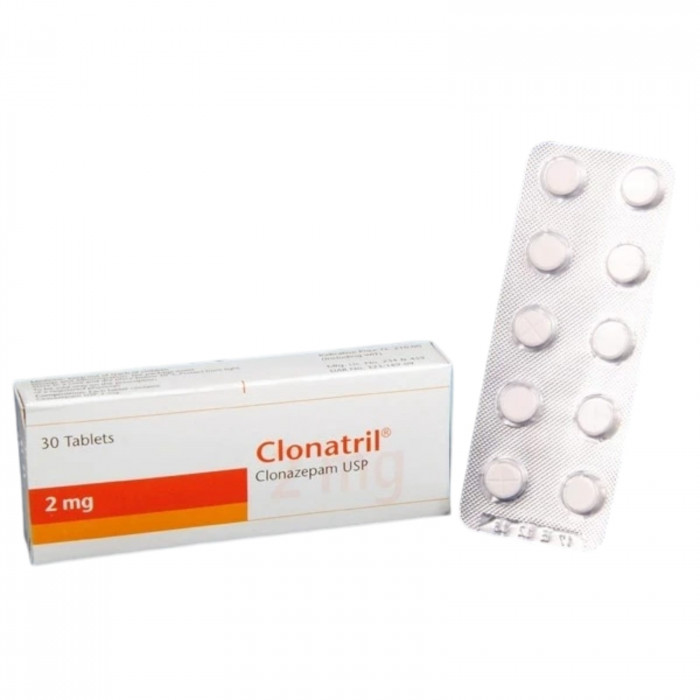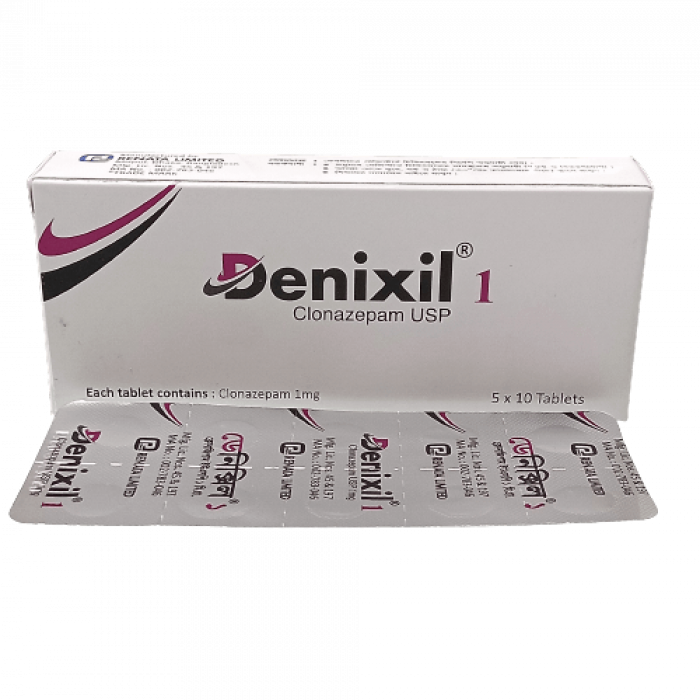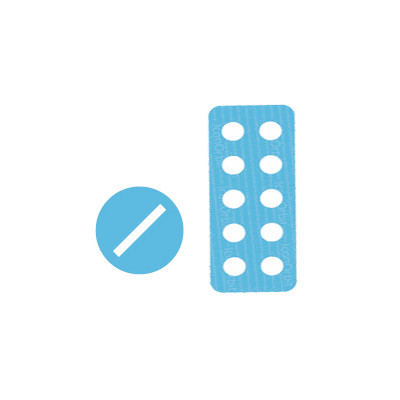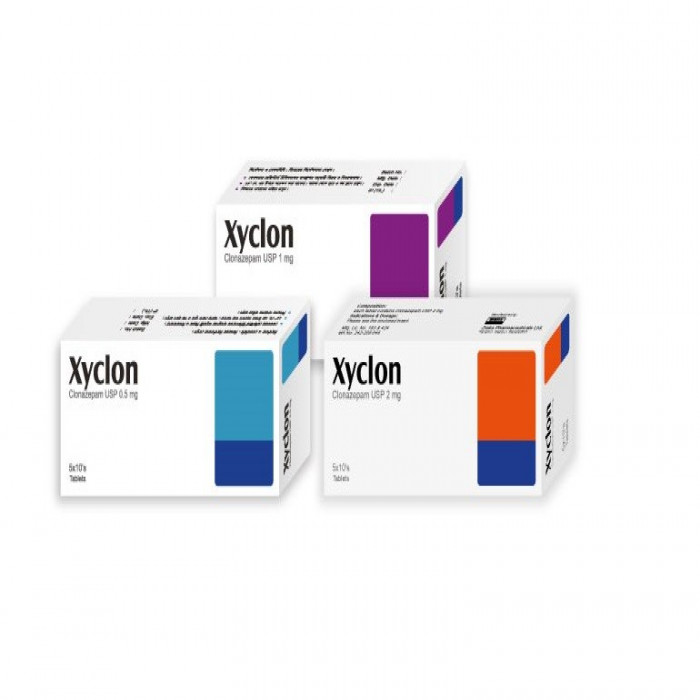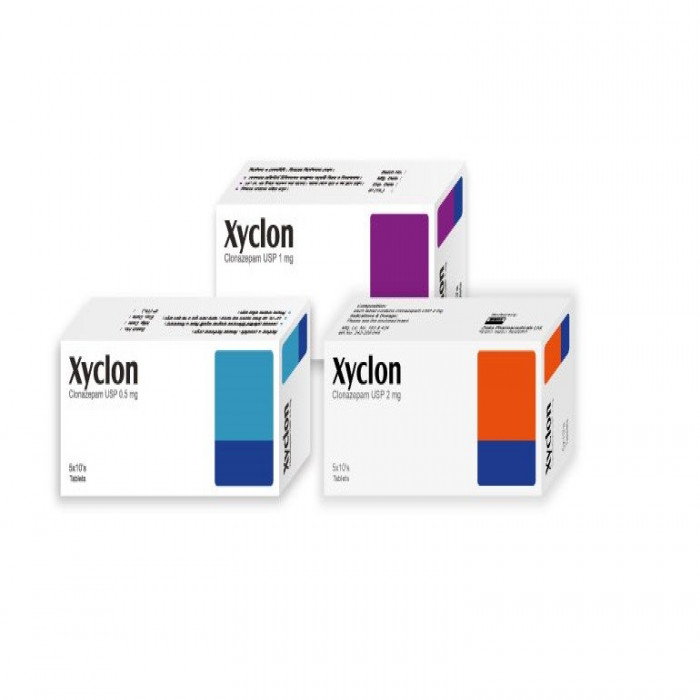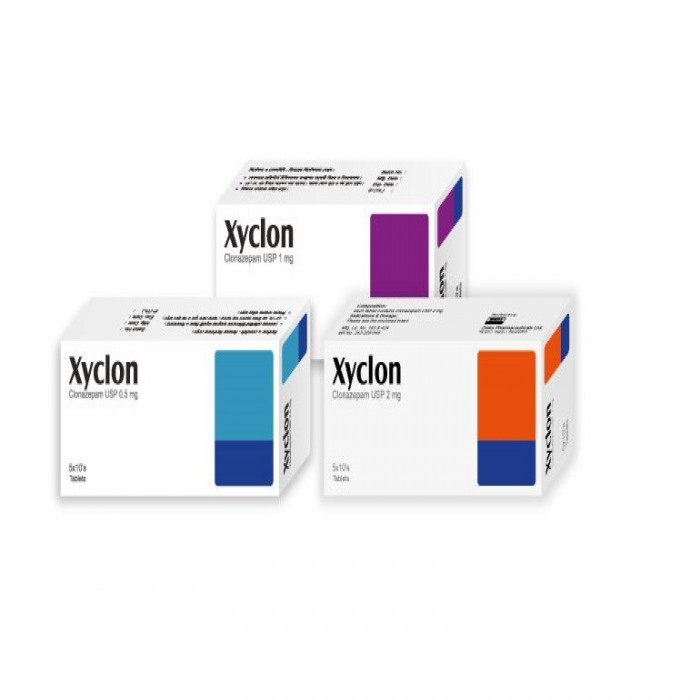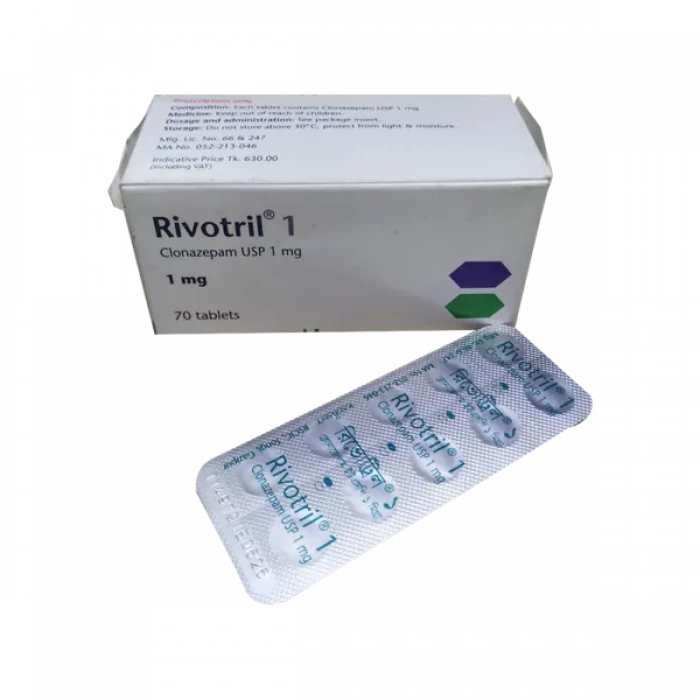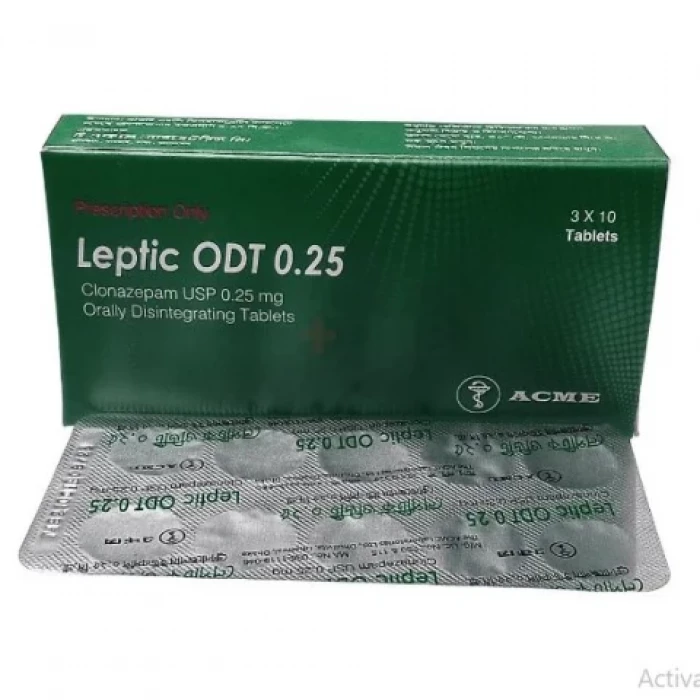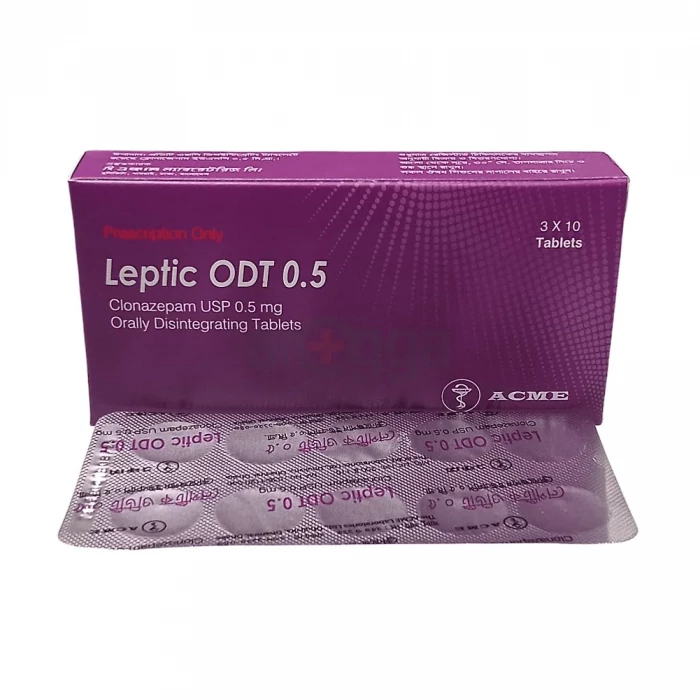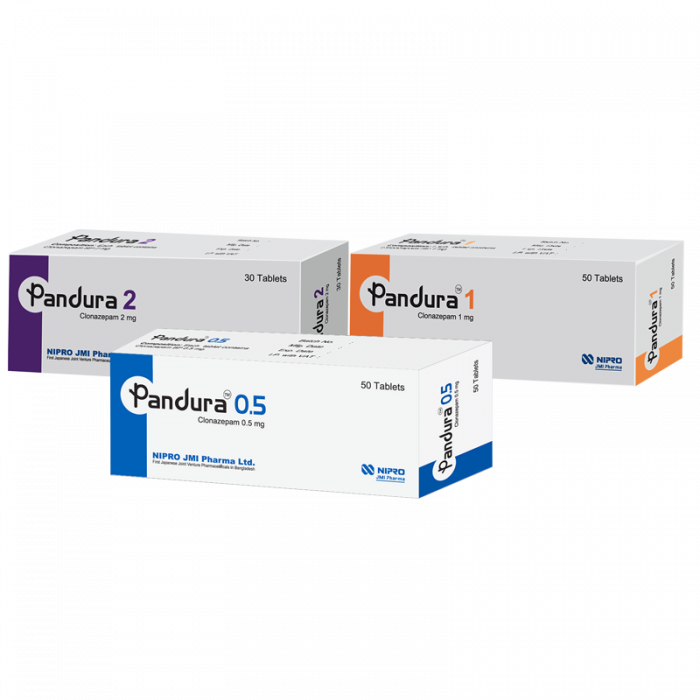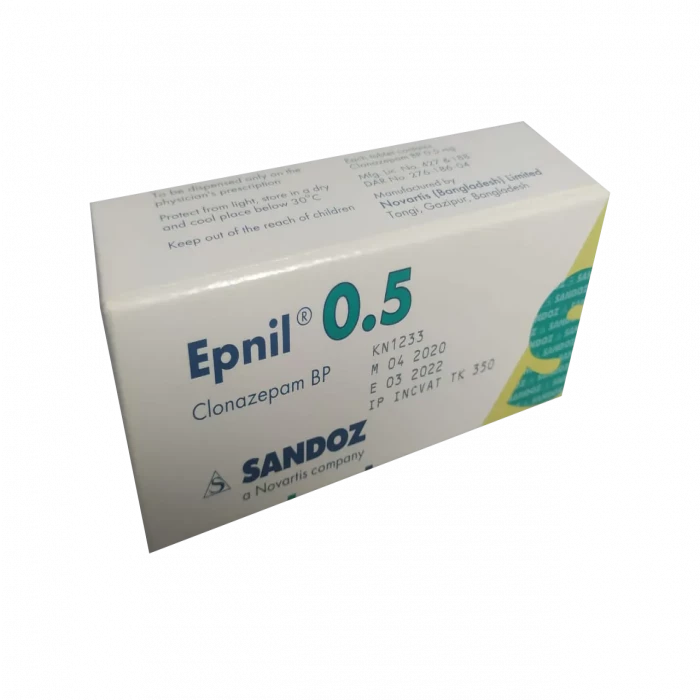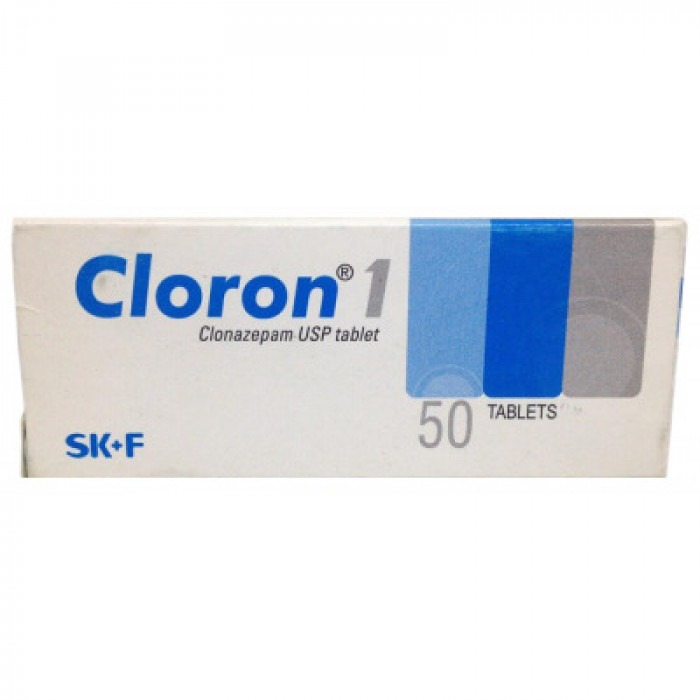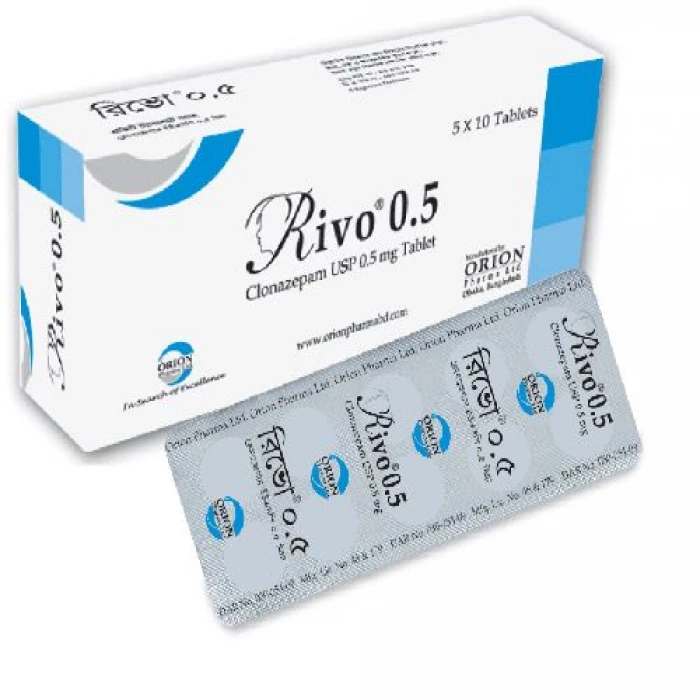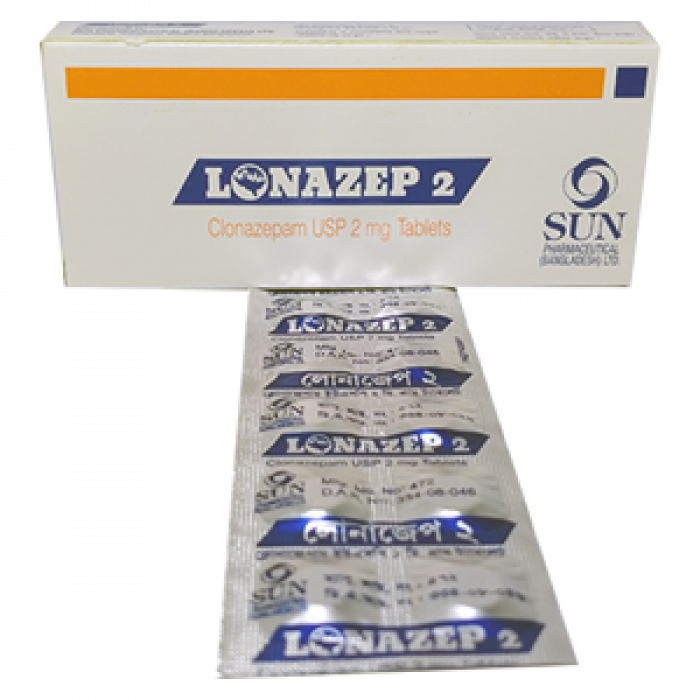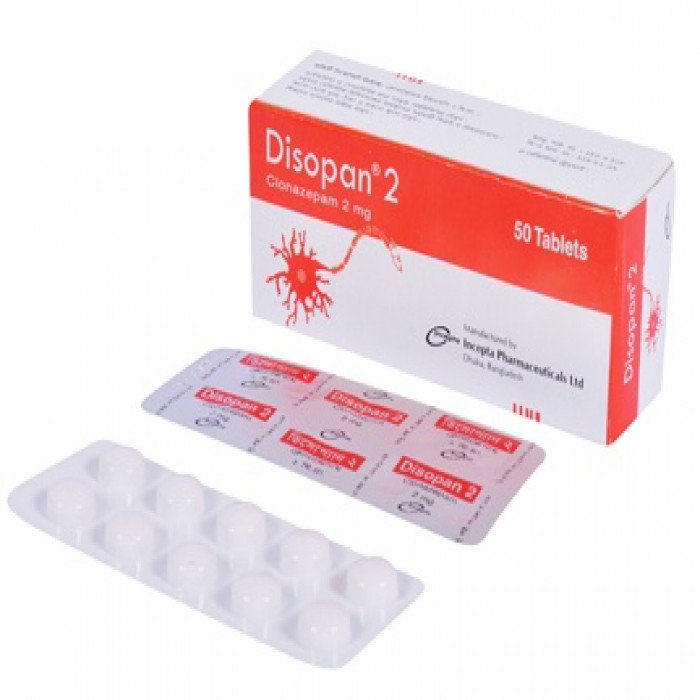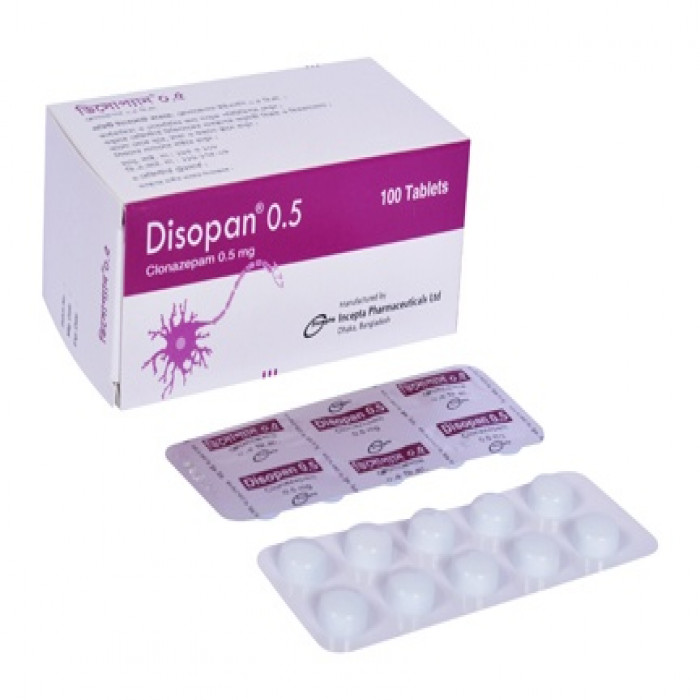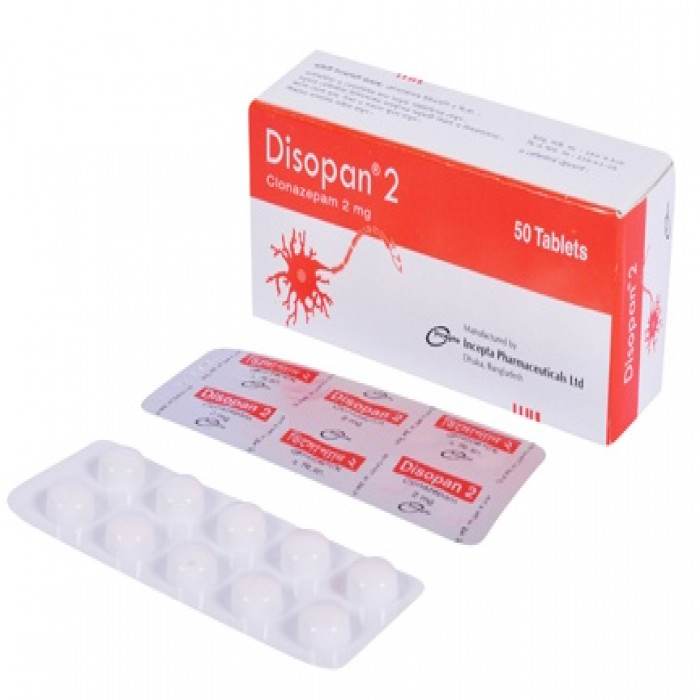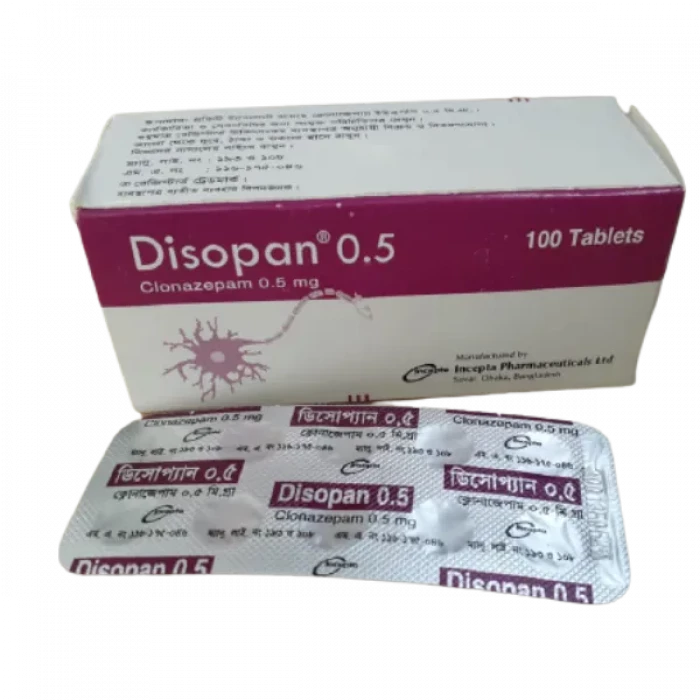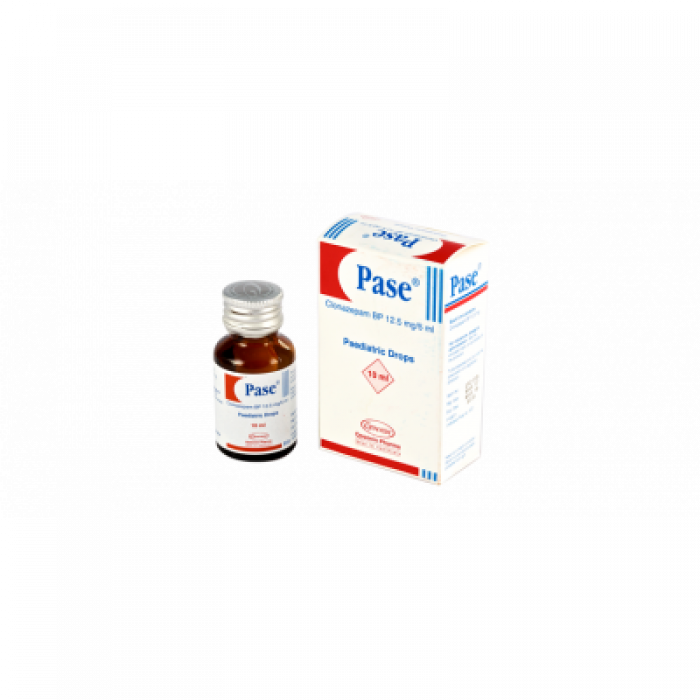
✔ 100% Authentic Product
👁️ Currently Viewing 2521
Clonazepam/Pase – Pediatric Drops is used in the treatment of anxiety disorder and Epilepsy/Seizures.
📄Prescription Required
Discount
Price: ৳ 77
MRP:
৳
80.55
5%
Off

100% Genuine Products, Guaranteed

Safe & Secure Payments, Always

Fast, Secure & Efficient Delivery

Proper Packaging
 Cash on Delivery - All over Bangladesh
Cash on Delivery - All over Bangladesh Regular Delivery - 12-24 Hours, Dhaka City* Charge Tk.39-59
Regular Delivery - 12-24 Hours, Dhaka City* Charge Tk.39-59 Regular Delivery - 24-48 Hours, Other Cities* Charge Tk.99-110
Regular Delivery - 24-48 Hours, Other Cities* Charge Tk.99-110
 ফ্রি ডেলিভারিঃ - ৯৯৯ টাকা+ অর্ডারে, ঢাকা
শহরে
ফ্রি ডেলিভারিঃ - ৯৯৯ টাকা+ অর্ডারে, ঢাকা
শহরে ফ্রি ডেলিভারিঃ - ২৯৯৯ টাকা+ অর্ডারে, ঢাকার
বাহিরে
ফ্রি ডেলিভারিঃ - ২৯৯৯ টাকা+ অর্ডারে, ঢাকার
বাহিরে
100% Genuine Products, Guaranteed
Safe & Secure Payments, Always
Fast, Secure & Efficient Delivery
Proper Packaging
 Cash on Delivery - All over Bangladesh
Cash on Delivery - All over Bangladesh Regular Delivery - 12-24 Hours, Dhaka City* Charge Tk.39-59
Regular Delivery - 12-24 Hours, Dhaka City* Charge Tk.39-59 Regular Delivery - 24-48 Hours, Other Cities* Charge Tk.99-110
Regular Delivery - 24-48 Hours, Other Cities* Charge Tk.99-110 ফ্রি ডেলিভারিঃ - ৯৯৯ টাকা+ অর্ডারে, ঢাকা
শহরে
ফ্রি ডেলিভারিঃ - ৯৯৯ টাকা+ অর্ডারে, ঢাকা
শহরে ফ্রি ডেলিভারিঃ - ২৯৯৯ টাকা+ অর্ডারে, ঢাকার
বাহিরে
ফ্রি ডেলিভারিঃ - ২৯৯৯ টাকা+ অর্ডারে, ঢাকার
বাহিরে
✅ Description:
Clonazepam is a medication utilized to manage or prevent various seizure types and fits, which result from brain electrical disturbances. It's also used for treating panic attacks and sleep disorders. The mechanism involves triggering the release of gamma-amino-butyric acid (GABA), a chemical that regulates brain electrical activity.
Possible side effects encompass fatigue, dizziness, depression, memory issues, and confusion. While some of these effects may not necessitate medical attention, promptly inform your doctor about any new or deteriorating symptoms like breathing difficulties, extreme drowsiness, hallucinations, altered behavior, or suicidal thoughts.
Clonazepam can be taken with or without food, adhering strictly to your doctor's instructions to minimize addiction risks. Individuals with kidney or liver problems should avoid this medicine as it could exacerbate their condition. It's not advisable during pregnancy or breastfeeding unless the benefits clearly outweigh the risks. Inform your doctor if you're pregnant or nursing.
Due to potential dizziness, refrain from tasks needing focus, like driving. Alcohol should be avoided while taking Clonazepam, as it can intensify dizziness and drowsiness.
Safety Advices

Alcohol
UNSAFE
Consumption of alcohol should be avoided while you are taking Clonazepam as it can cause drowsiness and even difficulty in breathing.

Pregnancy
CONSULT YOUR DOCTOR
Clonazepam is not recommended for use in pregnancy as it may negatively affect the growth of your unborn baby. Hence, inform your doctor if you are pregnant or planning pregnancy before taking this medicine. He/she may prescribe this medicine only if the benefits outweigh the risk.

Breastfeeding
CONSULT YOUR DOCTOR
Clonazepam is not recommended for use in breastfeeding women as this medicine can pass into the breast milk in a small amount. Take this medicine while breastfeeding only if your doctor prescribes it.

Driving
CAUTION
Activities that require high mental alertness (such as driving and operating heavy machines) should be avoided.

Kidney
CONSULT YOUR DOCTOR
Pase – Pediatric drops should be used with caution in patients with kidney disease. A dose adjustment of Pase Drop may be needed. Please consult your doctor. The use of Pase Drop can cause excessive sleepiness in patients with end-stage kidney disease.

Liver
CONSULT YOUR DOCTOR
ase Drop should be used with caution in patients with liver disease. Dose adjustment of Pase Drop may be needed. Please consult your doctor.
✔️ Uses of Pase – Pediatric Drops
- Seizure disorder
- Panic attacks
- Sleep disorders
✔️ How does Pase – Pediatric Drops work?
Clonazepam works by stimulating the release of a chemical [gamma-amino-butyric-acid (GABA)] that calms the abnormal electrical activity in the brain.
✔️ Side Effects of Pase – Pediatric Drops
- Depression
- Sleepiness
- Nervousness
- Uncontrolled body movements
- Allergy
- Decreased sexual urge
- Upper respiratory tract infection
- Blurred vision
- Muscle pain
✔️ Quick Suggestions:
- This medicine carries a high risk of addiction and habit formation. Use it strictly according to the prescribed dose and duration by your doctor.
- It might induce dizziness. Refrain from activities like driving or tasks requiring mental alertness until you are aware of their effects on you.
- Alcohol consumption should be avoided, as it can intensify dizziness and drowsiness.
- Notify your doctor if you are pregnant, planning to become pregnant, or breastfeeding.
- Should you encounter heightened anxiety, depression, aggressive or violent behavior, or manic episodes while on this medication, inform your doctor.
- Discontinuing this medication abruptly can result in symptoms such as nausea, anxiety, restlessness, flu-like sensations, sweating, trembling, and confusion. Prior to discontinuation, consult your doctor.
✔️ Indication
It is indicated for the treatment of panic disorder, with or without agoraphobia. Panic disorder is characterized by the occurrence of unexpected panic attacks and associated concern about having additional attacks, and worry about the implications or consequences of the attacks.
It is also indicated alone or as an adjunct in the treatment of the Lennox-Gastaut Syndrome (petit mal variant), akinetic and myoclonic seizures. It may be indicated in patients with absence seizures (petit mal) who have failed to respond to succinimides.
The effectiveness of Clonazepam in long-term use, that is, for more than 9 weeks, has not been systematically studied in controlled clinical trials. The physician who elects to use Clonazepam for extended periods should periodically reevaluate the long-term usefulness of the drug for the individual patient.
✔️ Pharmacology
Clonazepam exhibits pharmacological characteristics common to benzodiazepines, encompassing anticonvulsant, sedative, muscle-relaxant, and anxiolytic effects. The fundamental actions of benzodiazepines are facilitated by enhancing GABAergic neurotransmission at inhibitory synapses. In the presence of benzodiazepines, GABA receptor affinity for the neurotransmitter is augmented through positive allosteric modulation, resulting in increased GABA activity on postsynaptic transmembrane chloride ion flow. Additionally, animal data suggests an impact of clonazepam on serotonin. Animal studies and human electroencephalographic investigations indicate that clonazepam rapidly suppresses various forms of paroxysmal activity, including spike and wave discharges in absence seizures (petit mal), slow spike-wave, generalized spike-wave, spikes with transient or other patterns, as well as sporadic spikes and waves. Generalized EEG abnormalities are also commonly observed.
✔️ Dosage & Administration of Pase – Pediatric Drops
Adults:
For seizure disorders, the initial dose should not exceed 1.5 mg/day, divided into three doses.
Dosage can be increased by 0.5 to 1 mg every 3 days until seizures are controlled or side effects prevent further increase.
The maintenance dose should be personalized based on response.
Maximum daily dose: 20 mg.
For panic disorder, start with 0.25 mg twice daily.
After 3 days, most patients can be increased to the target dose of 1 mg/day.
Pediatric Patients:
- To minimize drowsiness, infants and children (up to 10 years or 30 kg) should start with 0.01 to 0.03 mg/kg/day, not exceeding 0.05 mg/kg/day.
- Divide this dose into two or three parts.
✔️ Use in Special Populations
Pediatric Use:
- Rivotril might increase saliva and bronchial secretion in infants and small children.
- Attention to maintaining clear airways is crucial.
Geriatric Use:
- Elderly patients might experience stronger benzodiazepine effects even with similar plasma concentrations.
- This might stem from age-related changes in drug-receptor interactions, post-receptor mechanisms, and organ function.
Renal Impairment:
- Renal impairment doesn't affect clonazepam's pharmacokinetics.
- No dose adjustment is needed for patients with renal impairment.
Hepatic Impairment:
- Cirrhotic patients show altered plasma protein binding of clonazepam (17.1% vs 13.9% in healthy subjects).
- Though hepatic impairment's effect on clonazepam pharmacokinetics isn't fully studied, similar nitro benzodiazepine (nitrazepam) experience suggests reduced clearance of unbound clonazepam in liver cirrhosis.
✔️ Overdose:
- Overdosing on Pase – Pediatric Drops may lead to dizziness, tremors, drowsiness, convulsions, and temporary loss of consciousness.
- If experiencing these symptoms due to an overdose, seek immediate emergency medical care at a nearby hospital.
✔️ Missed Dose:
- If you miss a dose of Pase – Pediatric Drops, take it as soon as you remember.
- If it's almost time for the next dose, skip the missed one to avoid an overdose.
- Don't take both doses together.
- If unsure about dosing, consult your doctor for guidance.
✔️ Contraindications
- You are allergic to any ingredient in the medicine.
- You experience sudden mood changes, self-harming thoughts, or suicidal thoughts.
- You have narrow-angle glaucoma, as it can increase eye fluid pressure.
- You have a history of medicine or alcohol abuse.
- You have severe liver disease.
- You are pregnant or planning to become pregnant.
- You have respiratory or lung conditions like asthma or chronic pulmonary disease.
- You are diagnosed with Porphyria, a blood disorder.
✔️ Pregnancy & Lactation
Pregnancy:
- Preclinical studies suggest clonazepam might have the potential for congenital malformations.
- Anticonvulsant drugs like clonazepam have been implicated as teratogens in epidemiological evaluations.
- It's challenging to identify the exact drug causing newborn defects from published reports.
- Factors like genetics or epilepsy itself might contribute more to birth defects.
- Clonazepam should be given to pregnant women only if the benefits outweigh the fetal risks.
- During pregnancy, administer clonazepam if there's a compelling reason.
- High doses in the last trimester or during labor could lead to irregular fetal heartbeat, hypothermia, hypotonia, mild respiratory depression, and poor feeding in the newborn.
- Pregnancy and abrupt medication discontinuation can worsen epilepsy.
- Withdrawal symptoms in newborns have been reported with benzodiazepines.
Nursing Mothers:
- Clonazepam's active ingredient passes into maternal milk in small amounts.
- Breastfeeding should be avoided by mothers on clonazepam treatment.
- If clonazepam use is necessary, breastfeeding should be stopped.
✔️ Precautions & Warnings
When used in patients in whom several different types of seizure disorders coexist, Clonazepam may increase the incidence or precipitate the onset of generalized tonic-clonic seizures. This may require the addition of appropriate anticonvulsants or an increase in their dosages. The concomitant use of valproic acid and Clonazepam may produce absence status.
✔️ Storage Conditions
Store Pase – Pediatric Drops in dry conditions at room temperature. Keep them away from humid conditions and direct sunlight. Dispose of the packaging carefully after using these Pase – Pediatric Drops. Do not use Pase – Pediatric Drops if the package has been opened. Keep Pase – Pediatric Drops away from children and pets
⚠️Disclaimer:
At ePharma, we’re committed to providing accurate and accessible health information. However, all content is intended for informational purposes only and should not replace medical advice from a qualified physician. Please consult your healthcare provider for personalized guidance. We aim to support, not substitute, the doctor-patient relationship.




